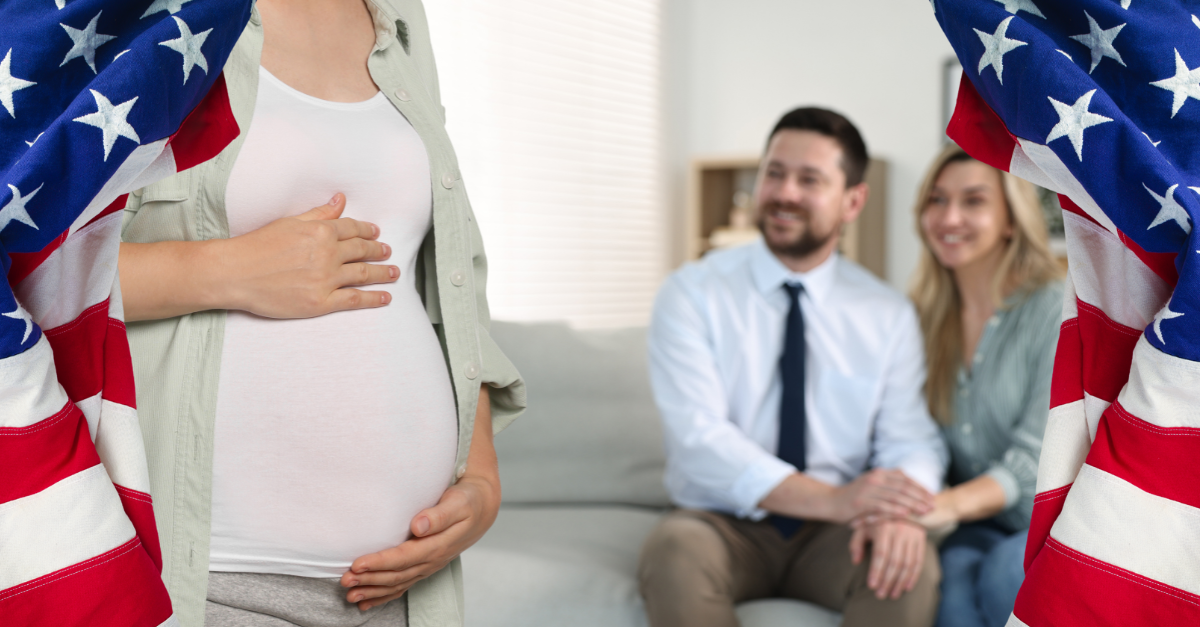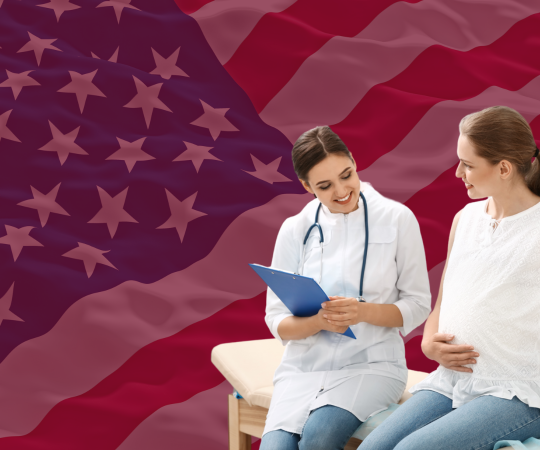This guest blog is from Karen Holden at A City Law Firm.
Getting advice early and being prepared, can help you have a smooth surrogacy journey, but if it goes wrong it’s not the end of the journey.
Traditional Surrogacy in the UK.
There are numerous pitfalls of undertaking your surrogacy journey in the UK. Under the laws of England and Wales the surrogate and her spouse if she has one, must wait until 6 weeks after birth to sign the consent form that you will require for your Parental Order application. This can leave the Intended Parents open to the risk of the surrogate changing her mind during this period. Even if you have a international surrogacy arrangement, this application and the 6 weeks before providing consent are still required, when you return to the UK.
Signing that consent form, may have formed part of the contract in another jurisdiction, and you may already be considered the legal parents of your child in the country of birth. Practically you may have left the country with your child and their foreign birth certificate, but the Parental Order is still required if you reside in the England and Wales.
When it can go wrong – Case Study
A same sex couple, for anonymity due to court orders we will call then Dave and John. The Intended Parents (IPs) met and engaged a UK surrogate to carry the genetic child of one of the Ips, Sammy. Traditional surrogacy was to take place with one of the IPs to use their own gametes. The surrogate’s egg was used for the procedure which was home insemination rather than through a clinic.
They did have a surrogacy agreement between them setting out their responses to many questions, but in the UK this is not legally binding and cannot be negotiated or advised upon by a solicitor. In this agreement the parties note that contact with Sammy and the surrogate after was to be very limited.
It was always agreed that a Parental Order would be applied for in relation to Sammy making the Dave and John his legal parents.
The Issue
Towards the end of the pregnancy the relationship had broken down between the couples for various reasons.
It became clear quickly that the surrogate did not intend to hand over Sammy as had been intended at the start of the journey. Heartbreakingly Dave and John were prevented from being present at the birth. It was communicated that the surrogate wanted more time with Sammy than the few days per year which had been agreed. Several days passed after birth until the hand over, and so the IPs took legal advice as they were desperate.
The Legal Position
Given the surrogate was married, her and her husband retained parental responsibility and legal parenthood for Sammy at this stage, notwithstanding that Dave had a genetic (the surrogate being the other party with the genetic connection). This means that all decisions relating to Sammy’s medical treatment, education and name were still the responsibility of the surrogate and her husband. Dave and John, through ACLF, made an urgent C100 application to the court for parental responsibility to be transferred to them and a ‘lives with’ order for the court to place the child with them. The applications made were a Child Arrangements Order, a Prohibited Steps Order, a Specific Issue Order and an application for a Parental Order. The surrogate and her husband also applied for a Child Arrangements Order.
This is the same order the Family Court uses when separating couples argue over the time a child spends with each party. Both couples fought for their time with the child. This was a very tough time and Dave and john were besides themselves.
The Proceedings
During the proceedings, the court decided that parental responsibility was to be shared between the two IPs, the surrogate, and her husband, this was set out in a Declaration of Parentage. Sammy was though to live with Dave and John. Dave and John say they were so incredibly relieved , but it still felt it was all hanging over them.
These proceedings were extremely difficult emotionally and financially so ACLF offered Dave and John pro bono assistance as this was devasting. The court had viewed in depth statements. Both parties intermittently had pro-bono or funded legal assistance however there was still a significant financial impact of the Child Arrangement Order proceedings, coming directly after a surrogacy journey which did not have a cap agreed for the expenses related to the pregnancy.
In the final moments of the court deciding the arrangements for the child, ie the days to be spent with each party, the surrogate and her husband stated it was too painful and difficult for them to spend time with Sammy and they would not be arguing for this time.
The surrogate and her husband though along with the IPs retained parental responsibility. However, the court restricted the parental responsibility of the surrogate and her husband, the IPs could exercise their parental responsibility unilaterally without having to consult with them; so Dave and John could make decisions for Sammy.
Parental Order Proceedings
During these proceedings the surrogate agreed to consent to the parental order. As was intended, the IPs then applied to the court for the Parental Order to be made. One requirement of the Parental Order is that the surrogate and her spouse (if married) need to provide ‘free and informed consent’ in relation to the order being made. The matter proceeded to a hearing in front of the same Judge who had heard the Child Arrangements Order matter, for consistency.
All other requirements of the Parental Order were met, however the consent requirement could not be established. Although the form was signed, the surrogate’s case was that she was not certain of the implications of the Parental Order being made as at that time she was not legally represented. The Judge could not therefore confirm that ‘free and informed’ consent was being given. The surrogate he did not rule out being ready at some point in the future. The case was therefore adjourned generally, but able to be restored by the applicants.
This left Dave and John with parental responsibility and able to make decisions about their child, but without legal parenthood indefinitely. This difficulty and uncertainty brought about stress and concern , but thankfully the surrogate has not agreed for them to reapply and that she will confirm consent and have no further contact with Sammy. This will give everyone security . This it is a cautionary tale for those embarking on this journey. The team worked tirelessly and achieved its goals, but within the legal limits of family proceedings.
The IP’s comments after all this are : All parental responsibility lay with the surrogate and her husband, we felt and had no right or decision making power or medical or any other treatments. In the early days, Sammy needed to get minor surgery. The nurse asked several times if the surrogate had consented to this as if she had not, she was open to being sued. Also, the surrogate was explicitly refusing consent to vaccinations , Sammy was months behind on his vaccinations until the court allowed them to go ahead.
The law , as it is, put both us and Sammy in a vulnerable position. We are grateful we had support and legal advice and encourage everyone to prepare and get advice early.


